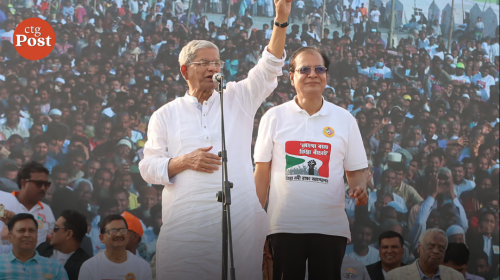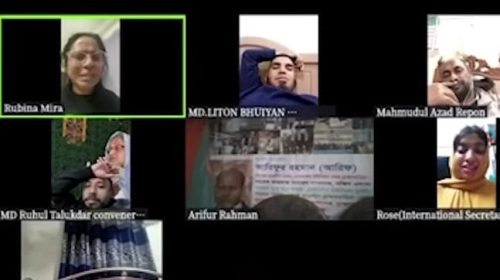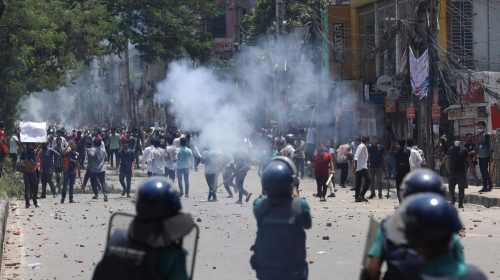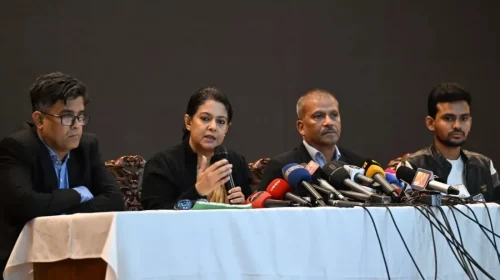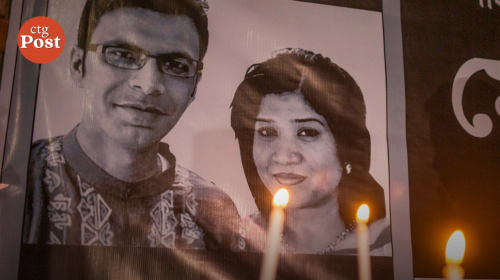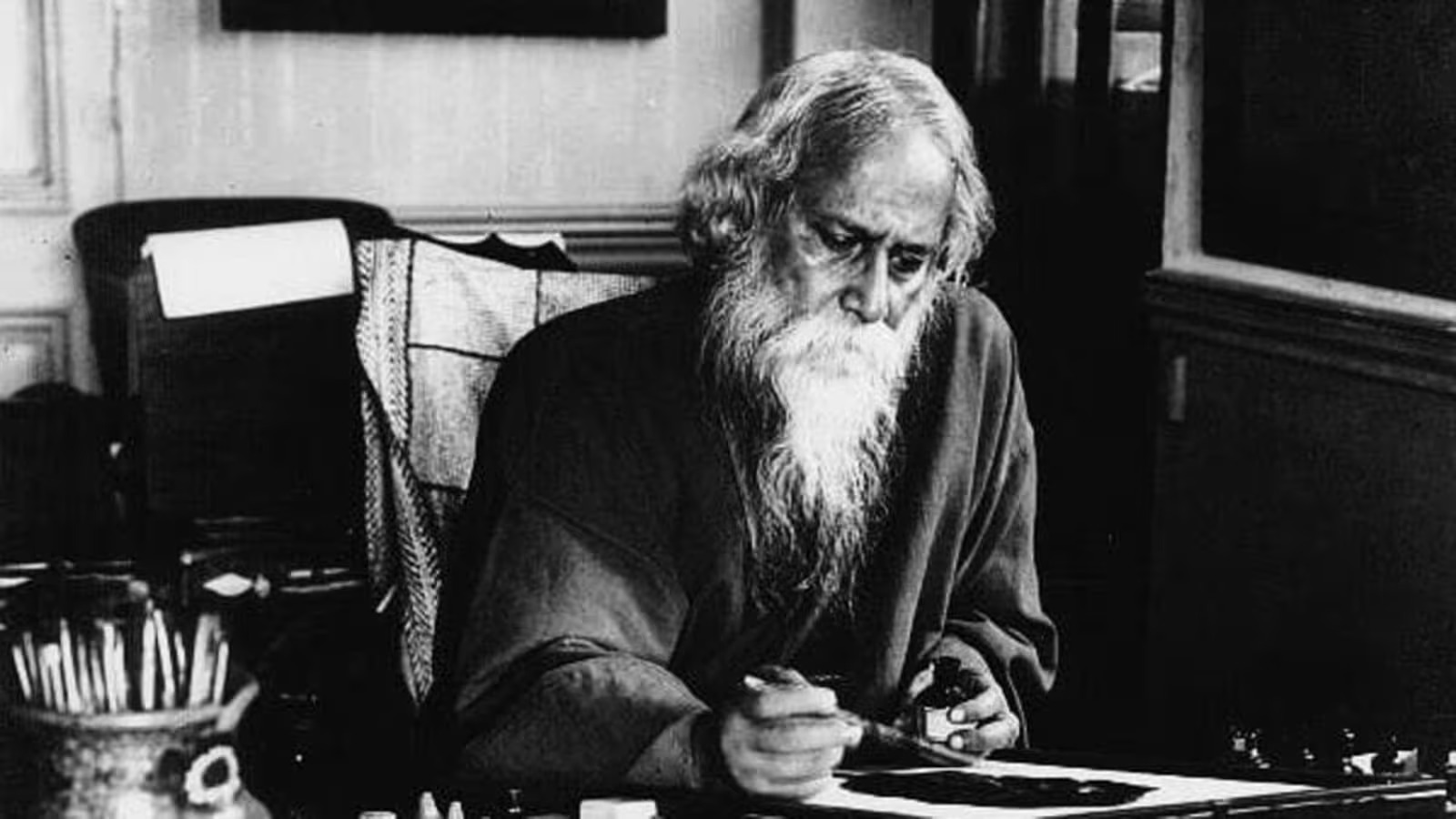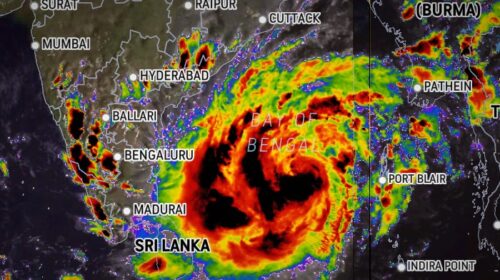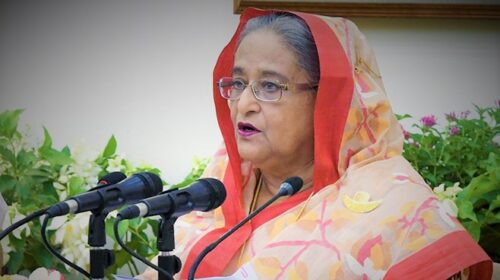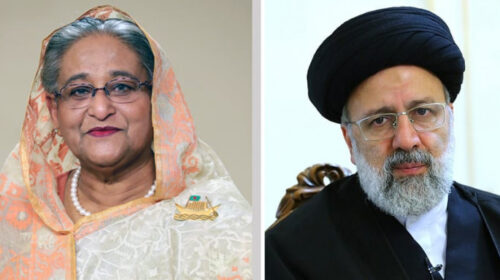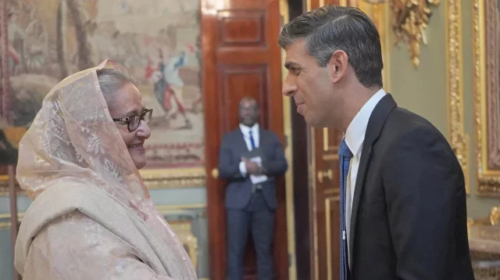The 82nd death anniversary of Biswakabi Rabindranath Tagore, who reshaped Bengali literature and music as well as the arts of the Indian subcontinent with contextual modernism, is on Sunday.
Tagore died at the age of 80 on August 7 in 1941, according to the Gregorian calendar. But his death anniversary is observed in Bangladesh on Sraban 22 of the Bangla calendar.
Various government and non-government institutions and cultural organisations have taken up programmes to mark the day. Bangladesh Television, Bangladesh Betar and other private television and radio stations will air special programmes and dramas on the occasion.
The youngest of thirteen surviving children, Tagore, nicknamed “Rabi”, was born on the 25th of the Bengali month of Baishakh 1268 (May 7, 1861) in the Jorasanko mansion in Calcutta to Debendranath Tagore and Sarada Devi.
In his long seven decades of endeavours in different genres of Bangla literature, the great poet enriched the Bangla language and literature and elevated their positions in the global arena.
His novels, short stories, songs, dance dramas and essays spoke to political and personal topics.
Gitanjali (Song Offerings), Gora (Fair-Faced) and Ghare-Baire (The Home and the World) are his best-known works and his verse- short stories and novels-were acclaimed or panned for their lyricism, colloquialism, naturalism, and unnatural contemplation.
Author of Gitanjali and its “profoundly sensitive, fresh and beautiful verse”, Rabindranath became the first non-European to win the Nobel Prize in Literature in 1913.
Sometimes referred to as “the Bard of Bengal”, Tagore’s poetic songs were viewed as spiritual and mercurial.
His compositions were chosen by two nations as national anthems: Bangladesh’s Amar Shonar Bangla and India’s Jana Gana Mana. The Sri Lankan national anthem was inspired by his work.




